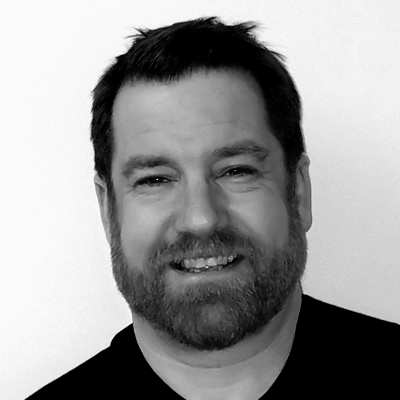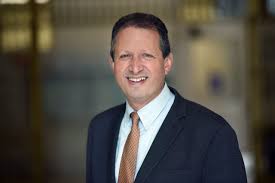
New York, NY – No one knew what to expect at the start of the Covid-19 pandemic. There were reports about a new, unknown virus that was sweeping the globe. Cities were shutting down to stop the spread. No one expected the shutdown to last more than two weeks, because no one ever expected anything could stop New York City.
But in a blink of an eye, the city became a ghost town. Shops and stores were closed. Offices and office buildings were emptied. Subways and busses began operating on truncated schedules, leaving once busy avenues bustling with traffic eerily quiet like early Sunday mornings. To us civilians, this was like wartime, only the enemy was a virus.
There were restrictions at the supermarket. We were told to quarantine to help “stop the curve,” while the media reported increasing hospitalizations. The death toll was climbing by the minute. Schools closed. People worked remotely from home, eventually blurring the boundaries between work life and home life. Most had never seen anything like this before. But essential workers, including me, went to work. We were warned to keep our distance. Covid-19 still seemed unbeatable.
As an operating engineer and Local 94 member, I worked my shift with a small crew in a commercial office building. It was our responsibility to maintain the building equipment and run the necessary machinery. The work for us did not, and could not, stop. Still the virus moved onward at a punishing rate. The city went from a full-speed New York minute to a haunting crawl. It seemed as if the entire world vanished.
During my rounds, I saw desks that were left exactly as they were. There were papers and St. Patrick’s Day decorations left in the empty stillness. Sweaters and coats remained on the back of chairs, which were pushed in and not moved since the announcement of the shutdown. There were shoes under the desks, shades drawn, and the photographs of people and their families, which, who knew, if any of them were all okay. Everyone seemed to be glued to the news, which offered little to no hope. Instead, politics took the front stage. In fact, politics became the new religion.Who should we listen to? Who should we trust? There was information and misinformation, confusion and loss.
To us as workers, it was clear that performance reflects leadership. From the top down, leaders such as Local 94’s Business Manager and 50-year union veteran Kuba Brown, ensured all members to keep safe and stay healthy. Although there were concerns, our union stood behind us. Our business agents made sure we remained employed. They worked to keep us all insured and taken care of. “Together we stand, divided we fall,” is what we were told.
Unfortunately, the virus continued to spread. The news reports became even less hopeful and more intense. We endured televised reports of violence and racially motivated killings, which did more than sew discourse in our society. There were riots in the streets and vandalism, but to what avail?
Our schedules changed and so did our social interaction. Our socialization was limited to virtual, online meetings. People died alone in hospitals without family by their bedside. Supplies ran short. Everyone lost someone. Whether the loss was a friend, a neighbor, or a family member, everyone was hit by the pandemic. In the end, the result was a worldwide case of post traumatic stress disorder.
Some workers had opinions about being suddenly being labeled “essential.” Tommy from the MTA told me that he didn’t feel essential. “Sacrificial, maybe,” he said. “But not essential. Yeah….we were essential. Go out and work while my bosses stay safe in their homes.” Tommy retired this year. “After this, it’s time for me to go,” he said.
Our only hope was the vaccine, which I received with gratitude. My appreciation, of course, was to our leaders who kept us working. They reminded us that yes, we are essential, which meant self-care was also imperative.
A year later, I can look back and recall the morning after the shutdown. There were no cars on the road and hardly any pedestrians in sight. Toilet paper was the hot commodity. But, the one thing New Yorkers know how to do, is rebuild.
With hopes on the rise, at last, we’ve been able to resume our in-person union meetings on a limited basis. It’s been nice to see my fellow members. It’s also been nice to see the leaders of my union, including Kuba Brown, and thank them for all their support.



